Recent NK-Japan contacts may thaw their frozen relationship
In late August official talks between North Korean and Japanese diplomats were held in Beijing – the first such talks for four years. Initially it was expected that talks would take two days, but at the last moment, it was decided that the consultations would be extended for another day, so the last meeting took place on August 31.
At first glance, the talks do not appear all that significant, since the declared topic was largely irrelevant to bigger issues of the North Korean-Japanese relations, and the participants themselves were rather low in their respective bureaucratic hierarchies. Nonetheless, these talks might be a harbinger of coming changes – and thus are quite important.
Ostensibly, the talks were convened to discuss the treatment of Japanese cemeteries and graves which were left in North Korea after the end of colonial rule in 1945. At the time of the Liberation, some 900,000 Japanese resided in Korea, and many Japanese died and were buried there. The Beijing talks were arranged to discuss the possibility of the repatriation of Japanese’ remains (another possible option is to arrange for the visits of surviving relatives to the graves in question).
However, few had any illusions: these talks will become a steppingstone to discussion of more serious issues pertaining directly to North Korean-Japanese relations. Of these issues, the most difficult is the question of abductions: the long standing diplomatic standoff over the repatriation of eight (or possibly more Japanese nationals) abducted by North Korean intelligence services.
North Korea is a bizarre state, and it used to be much more bizarre in the 1970s when it was run by the Great Leader Generalissimo Kim Il Sung, the grandfather of current Supreme Leader Kim Jong Un. Even by North Korean standards though, the abduction operations of the late 1970s and early 1980s are most peculiar and bizarre. The abduction targets were people who had no connection whatsoever to politics, and they appeared to have been chosen almost at random (some of the victims were teenagers when abducted). The rationale behind these abductions remains murky, but it seems probable that North Korea’s intelligence services abducted potential language instructors, to train spies bound for Japan.
There is some disagreement about the number of people abducted. Some Japanese civic organizations insist that dozens of Japanese nationals were kidnapped by the North Korean government. However, according to official estimates, the number is 17.
For a long time, the North Korean authorities vehemently denied their involvement in the unexplained disappearance of Japanese citizens from the beaches and coastal roads of Japan. North Korean sympathizers in Japan and elsewhere spent much ink and time insisting that no abductions had ever taken place, and the entire story was supposed to be seen as a case of fragrant reactionary propaganda –even though the evidence was mounting since the early 1990s.
In September 2002 the North Korean government made a sudden U-turn. None other than Kim Jong Il himself informed Junichiro Koizumi, then Japanese Prime Minister on a visit to Pyongyang, that the abductions had indeed taken place, though Pyongyang claimed that only thirteen Japanese had been abducted. Kim Jong Il personally expressed his regret about the unfortunate incidents and assured his opposite number that the people involved had been punished. He also allowed five of the abductees to travel home (soon they were joined by their children). At the same time, it was officially stated that the remaining abductees – eight, if the North Korean assertion is to be believed and twelve if the Japanese government list is to be believed – had all died by 2002.
The vast majority of interested Japanese public did not believe this statement, and not only because the suspiciously high mortality rate of relatively young people. North Korea’s policy on the issue showed a clear pattern: they returned only abductees who had not been seriously involved in espionage training. At the same time, those who were involved (or suspected as such) in clandestine operations were alleged to have all died.
When Kim Jong Il made his sudden confession, he must have hoped that his sincerity and openness would be welcomed and appreciated by the Japanese side. The North Korean government saw the admission as a way to turn over an unfortunate page in the history of relations with Tokyo, and believed – somewhat naively – that such a gesture would help to start a new era. Of course, they also hoped that such concessions would help them secure access to large Japanese aid, or with some luck, Japanese reparations for damage inflicted by colonial rule.
In the murky world of diplomacy, however, honesty is seldom the best policy. When the Japanese public found out about the abduction of innocent Japanese civilians reactions were swift and very angry. The Japanese public was further outraged when it became clear that North Korea had no intention of repatriating the remaining abductees (and even admit that they are still alive, or provide proof of their death). As a result, the Japanese government introduced an unusually tough sanctions regime, halted nearly all aid to North Korea, and dramatically scaled-back all contacts with the country. Therefore, instead of getting much more, the North Korean government ended up getting much less from Japan.
Nonetheless, Pyongyang held firm, and from its point of view it may have been right to do so. North Korea’s leadership saw that their honesty had been severely punished, rather than rewarded. And they understood that the release of surviving Japanese abductees (some of whom are indeed very likely to be alive and well) is likely to deliver an additional blow to their relations with Tokyo. Being involved in clandestine operations with North Korea’s spy agencies these people clearly know far too much (including many things which will be seen by the Japanese public as highly offensive). Therefore, the North Korean government has chosen to take an uncompromising stance.
As time has passed, Japanese politicians and diplomats have come to realize that they are not going get much by stubborn refusal to deal with North Korea until the abduction issue is solved (read: until all surviving abductees repatriated). Essentially, by its refusal to deal with North Korea, Japan has shut itself out of all possible diplomatic negotiation with the North and surrendered any ability to influence developments in and around North Korea. That being the case, Japanese diplomats began to discuss (in private) the possibility of restarting negotiations without losing face.
On the North Korean side, there seems to be an increasing willingness to compromise. After all, the North Korean government having already made an important concession in 2002, they expected rewards. They may be willing to make further concessions, but this time they will have to be certain that rewards will indeed be forthcoming.
It seems also that the recent changes in the top leadership in North Korea have further eased tensions. The young new leader can effectively blame older officials for their intransigence whilst making some concessions to Japan (of a largely symbolic nature) – and he obviously wants to improve relations with the outside world.
On their side, if Japan is given such concessions, top politicians can present this as a major diplomat breakthrough, using it to justify concessions in turn to the North. This will allow the Japanese government to increase its clout on the Korean peninsula while saving face in front of the domestic opposition and voters.
It appears that the recent talks in Beijing might become the first step towards some face-saving compromise. The results of the talks were inconclusive, but nonetheless encouraging: it was decided that in the near future, North Korea and Japan would hold another round of talks which would be conducted by more senior officials, i.e. departmental heads from the ministries involved.
Well, this is still North Korea, so a minor controversy appeared almost immediately. So far, only the Japanese side has published a communiqué pertaining to the results of the talks. When talking about the next round of negotiations, the communiqué mentioned the fact that ‘a broad variety of questions of mutual interest will be discussed’ during the subsequent meetings. When this sentence was quoted by the Japanese media, it was immediately interpreted as a sure sign that at the next round of talks the abduction issue will be discussed as well. Of course, this certainty may be premature. It is not all that unlikely that North Korea will refuse to discuss the abductees issue at the next round of talks – and after all, the phrase about ‘a broad variety of questions’ is nebulous and clearly does not contain any direct reference to the abduction issue.
Nonetheless, the fact that both Japanese and North Koreans have agreed to conduct talks should be seen as good news. Progress will probably take many months or even years, and the declared final goal of the negotiations – the return of all abductees – maybe unachievable. Nonetheless, talks are highly likely to contribute towards the improvement of relations between the two countries, and they also might be indicative of a new mood in Pyongyang.



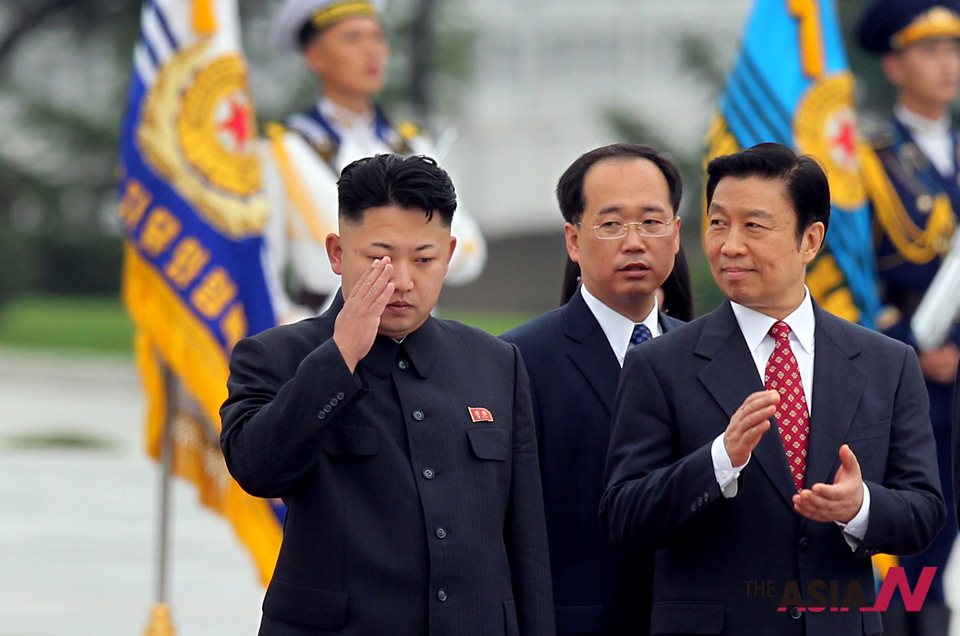
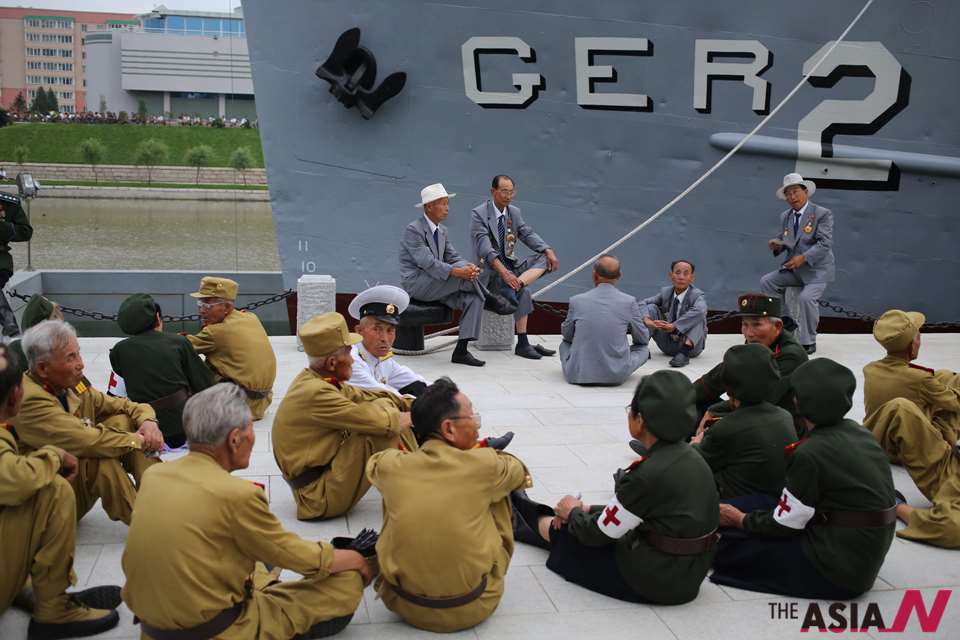
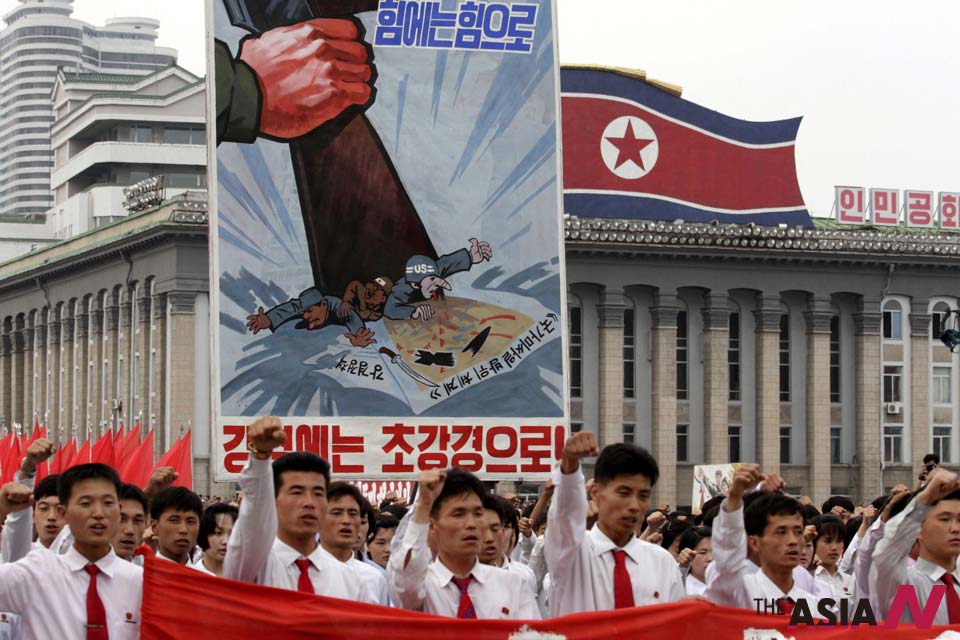
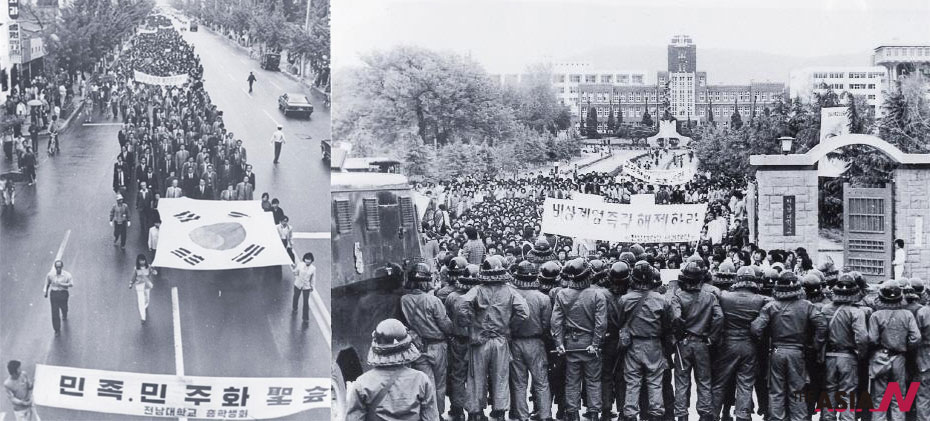



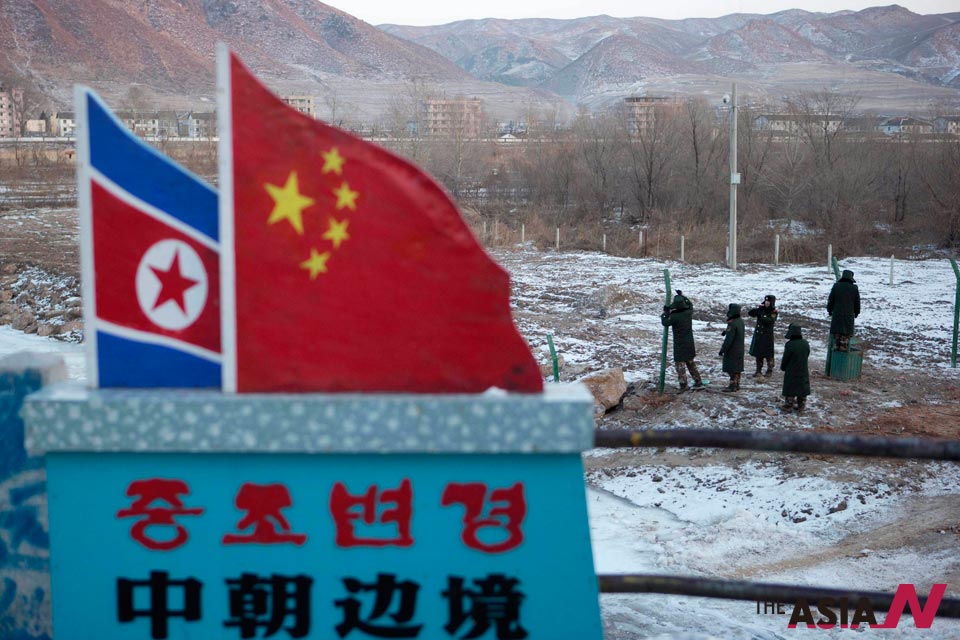
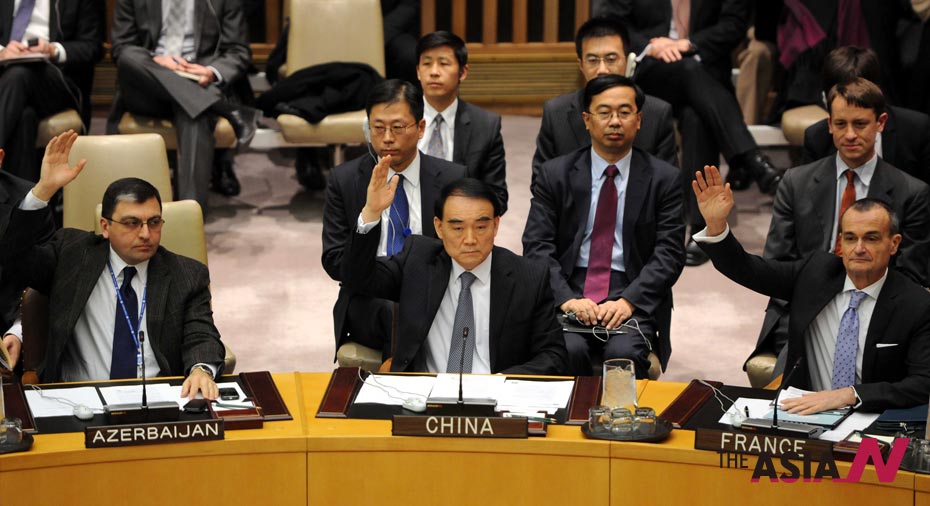

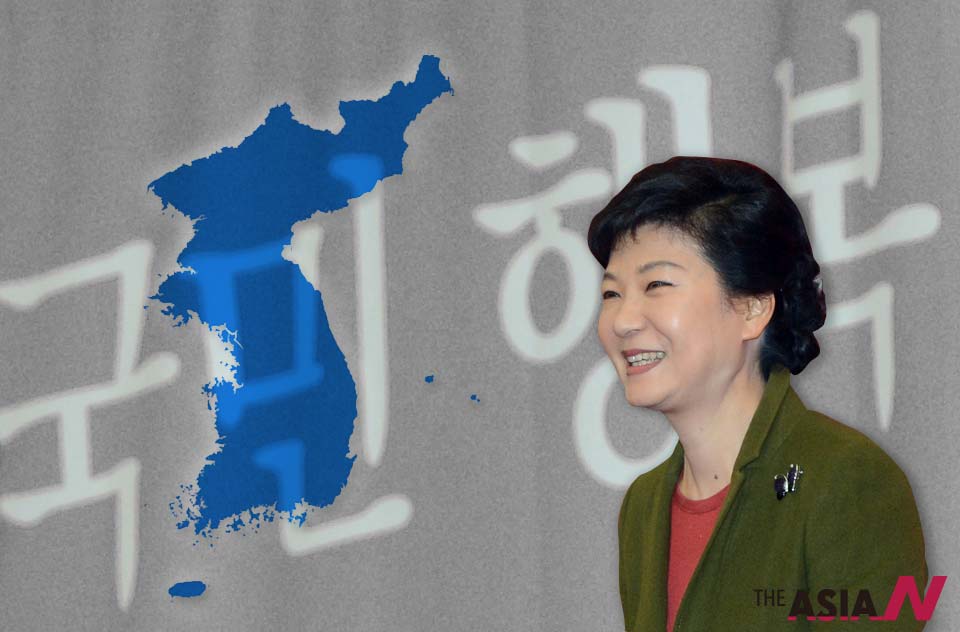
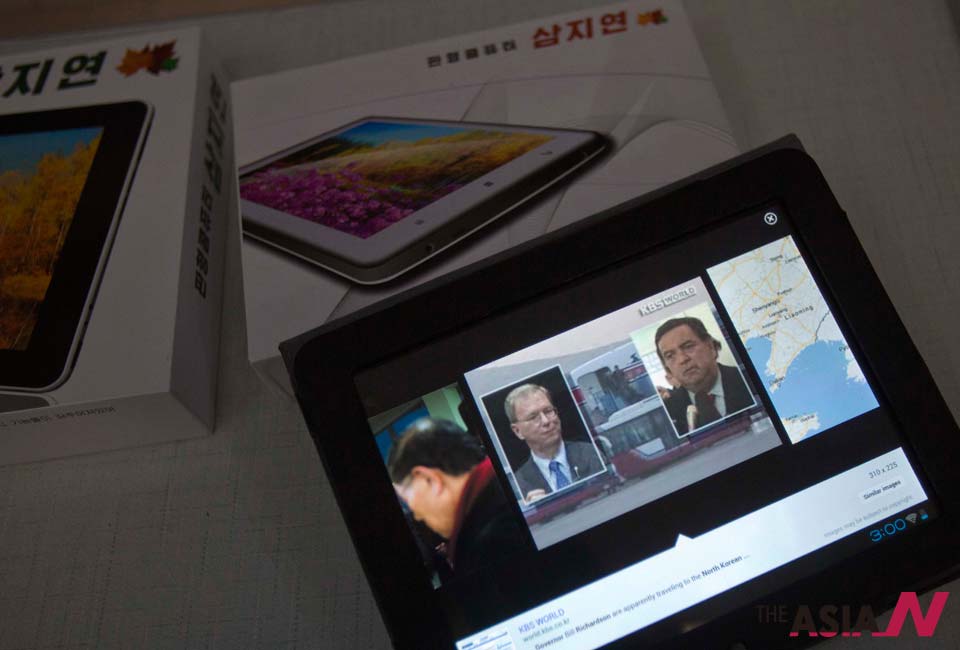
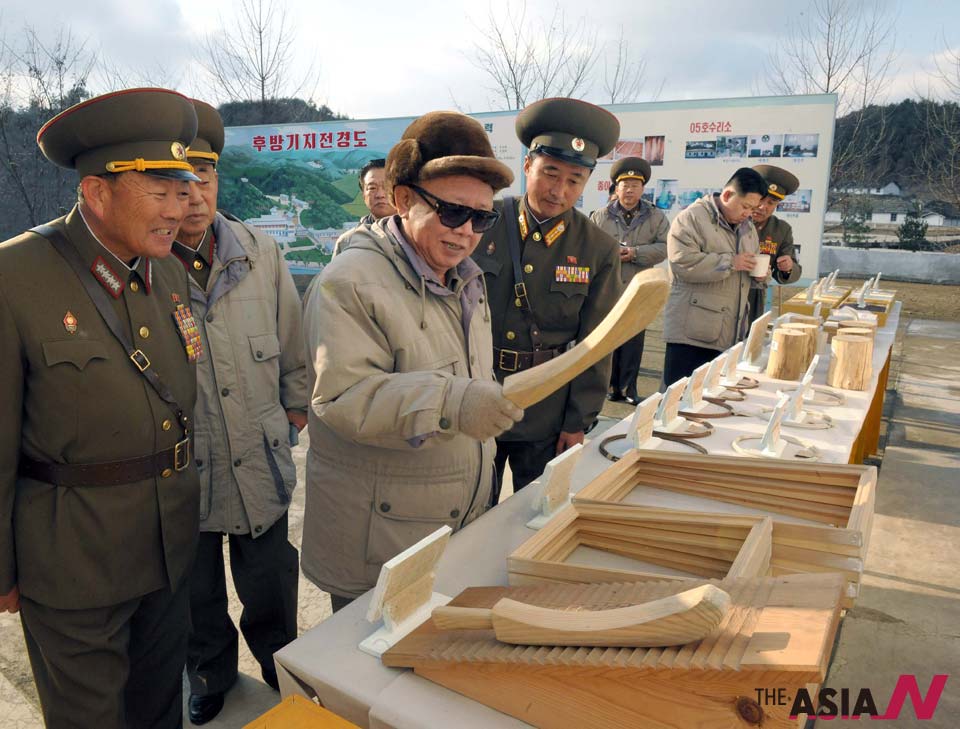
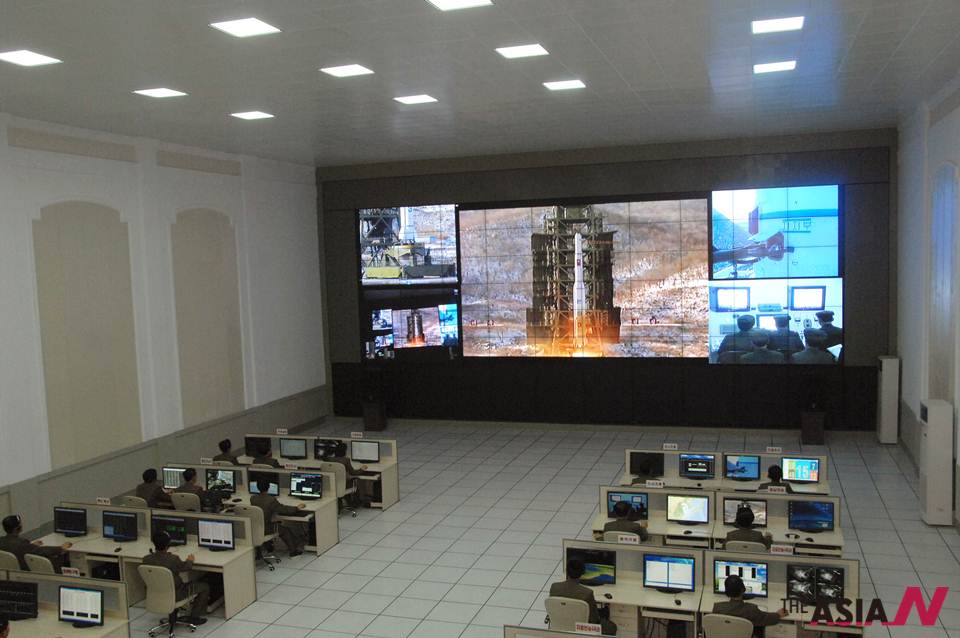

One thought on “Recent NK-Japan contacts may thaw their frozen relationship”